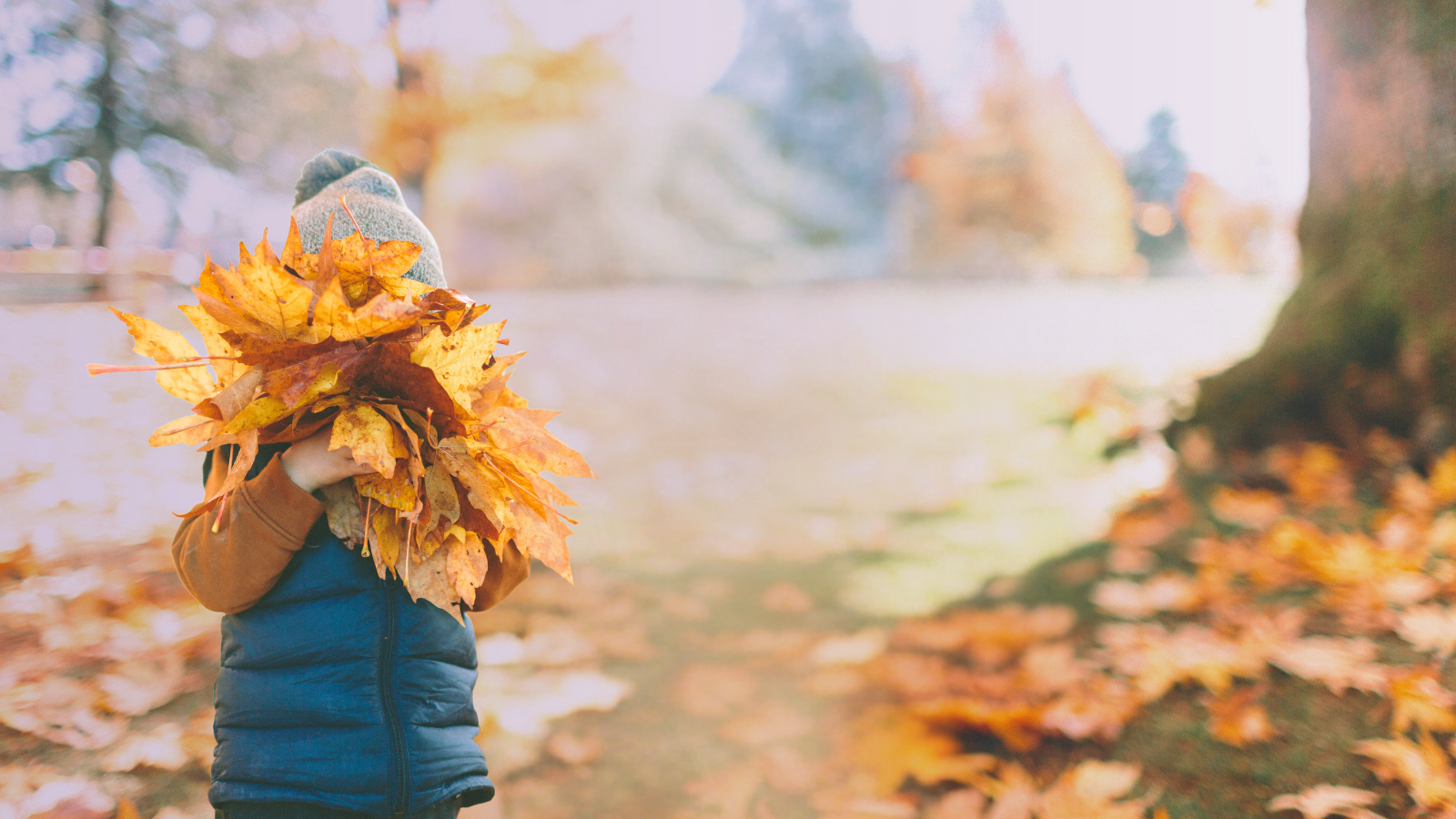Living with Lupus Corner with Mauricia Ambrose | Managing Fall Flare-ups

Lupus Canada is pleased to present Living with Lupus Corner with Mauricia Ambrose
Fall, the leaves start to change. The air gets cooler. Everyone slows down after months of parties in the sun, days at the cottage on the beach, and vacations abroad. It was fun but now it has all taken a toll on your body.
Managing Fall Flare-ups
First make sure after all the festivities you take the time to see your rheumatologist. You can have a lupus flare even while in remission. Your rheumatologist will keep a close eye on the status of your illness. I’ve learnt the hard way that we need to stay in close communication with our doctors. There have been so many times that, while in denial about my illness, I didn’t accept the advice of my doctors. I delayed my life saving operation to start dialysis for an entire year. So, see your doctor.
What causes flare ups? Stress, inflammatory foods and changes in the weather are some of the few things that can cause a flare up. A lupus flare up can manifest itself as joint pains, fatigue or rashes. As a child I would have terrible pain and cramps in my joints. The pain seemed to move from one joint to the next randomly. I couldn’t play sports and didn’t spend much time outdoors. Books became my constant companions.
To manage your flareups you can do the following:
- 1. Mild to moderate exercise helps reduce inflammation and can reduce stress
2. Stay away from inflammatory foods and eat more anti-inflammatory foods like olive oil, berries, fruits and vegetables. Speak to your dietitian before changing your diet or adding supplements
3. Drink water
4. Get 8 hours sleep
Preparing for Colder Weather
For those of you who suffer from Reynaud’s syndrome you understand how difficult colder weather can be. Reynaud’s syndrome manifests when areas of the body become numb and blue in cold weather. It is more prevalent in women than men and doctors are yet to determine the root cause. The areas typically affected are the fingers and toes which become white then blue as the smaller arteries begin to narrow. The nose, ears and lips can also be affected. In severe cases sores can develop. If this happens, please see your doctor. If you have Reynaud’s syndrome or experience the symptoms, I suggest that you:
1. Avoid standing for long periods in the cold (work from home or get a ride to work)
2. Buy a good pair of gloves and very warm socks
3. Invest in heated gloves and socks
4. Check your furnace in the fall to ensure it works optimally
For those who are photosensitive, the snow can give off harmful UV rays that may trigger a flare. Bare this in mind when going outdoors. To avoid sun exposure, the list above can be helpful in avoiding flare ups because of photosensitivity. You can also wear sunscreen. If you go for walks to reduce stress, invest in a treadmill that you can use until the snow melts.
Mood Boosting Activities
October 10th is World Mental Health Day. As the sun begins to set earlier and earlier every day, we have more hours of darkness in our life. That external darkness can transform into an internal darkness that some cannot avoid but we must safeguard our mental health.
- 1. Connect with friends and family
- 2. Get a regular group together and meet up
- 3. For Thanksgiving invite some friends over or help at your local church
- 4. Volunteer at a foodbank
All the activities above have one thing in common, connection with others. Find a way to connect with others that you are comfortable with. Have a conversation with your neighbour. Check up on your elderly neighbour – they usually have a wealth of knowledge and great stories. You don’t have to be alone.
Finally, as the weather gets colder there are many things we as lupus patients need to consider. Take a moment to do an inventory and prepare for the colder months. Yes Thanksgiving, Halloween and Christmas are all around the corner, more reasons to celebrate. But, to ensure you can enjoy the festivities you must take care of yourself.
Remember your struggles shouldn’t define you; they should motivate you.
Blog Parenting one day at a time
Facebook Parenting one day at a time | Facebook
LinkedIn Mauricia Ambrose | LinkedIn
My Book Turn into the Storm: One woman’s fight to survive and her journey to reinvention
